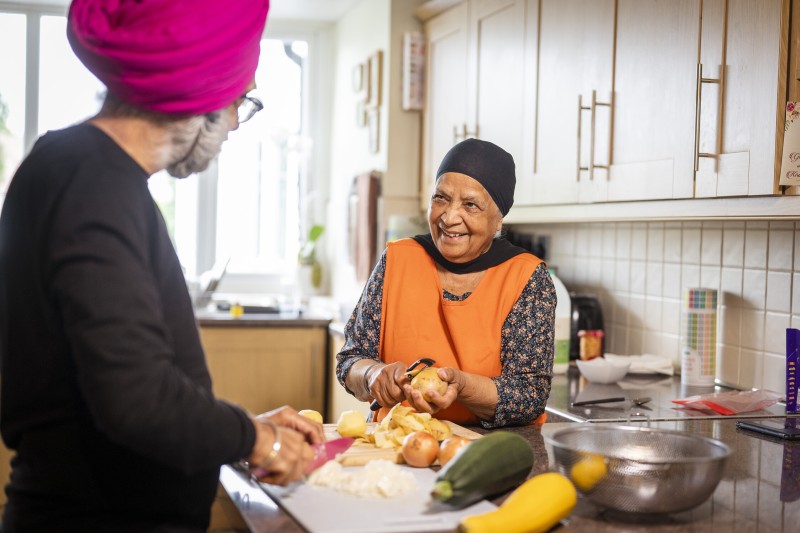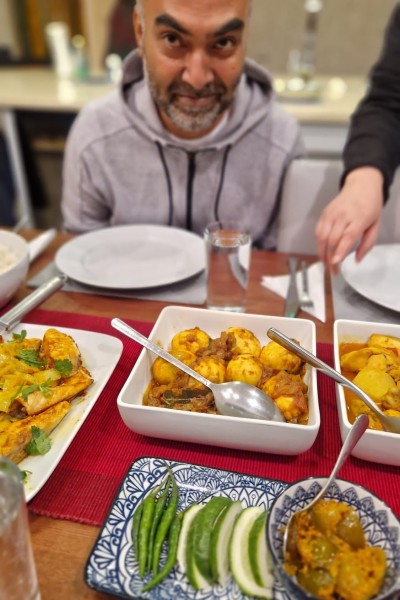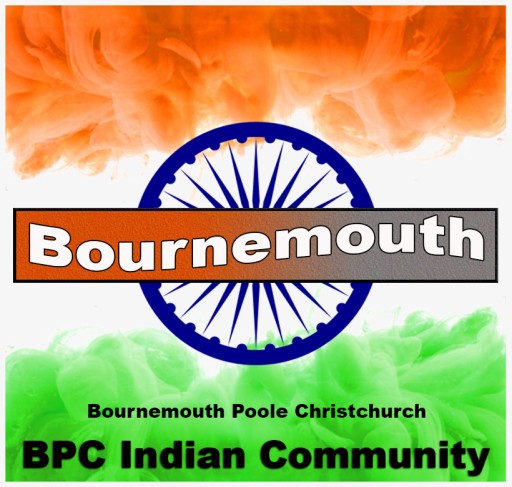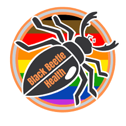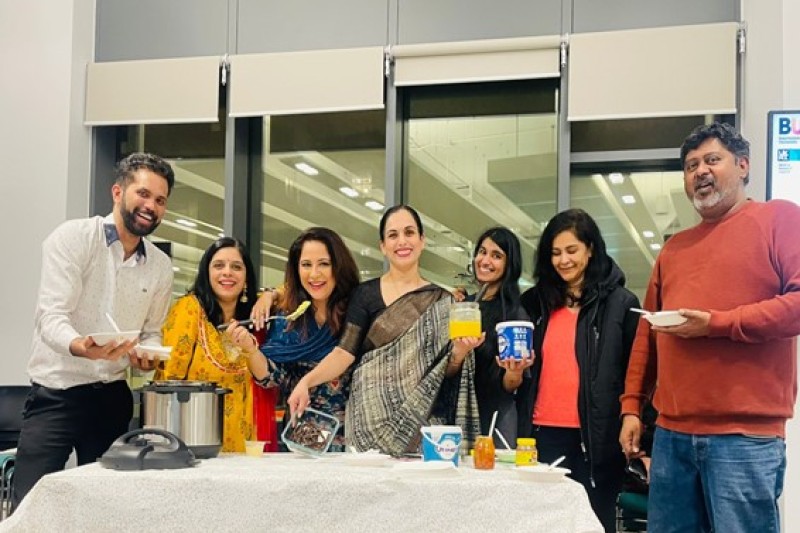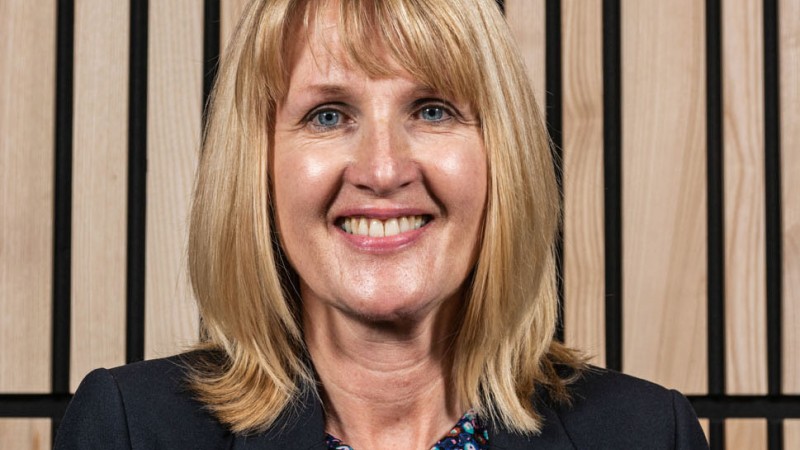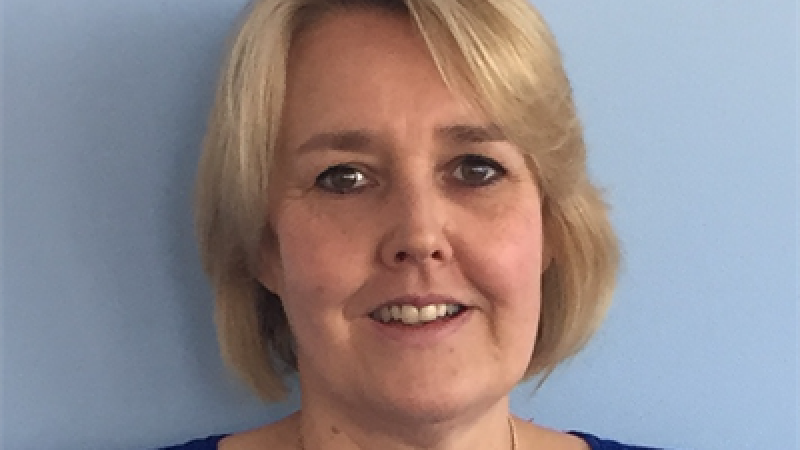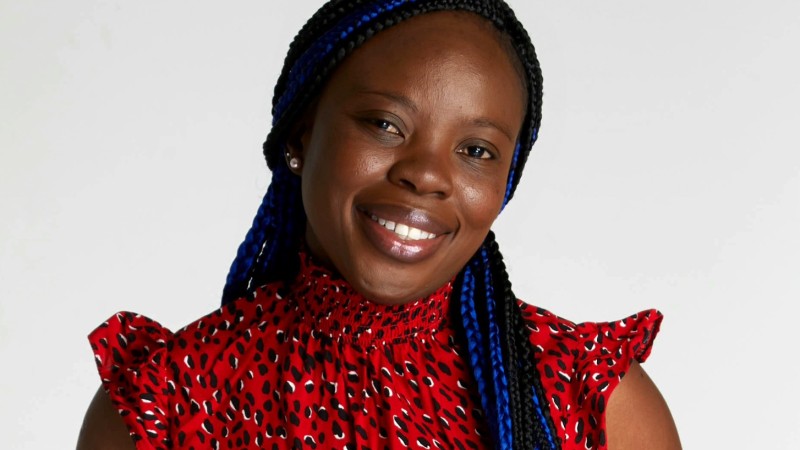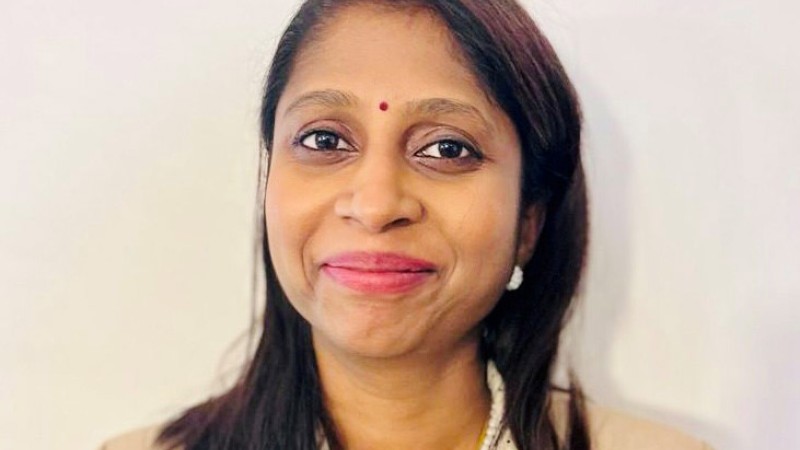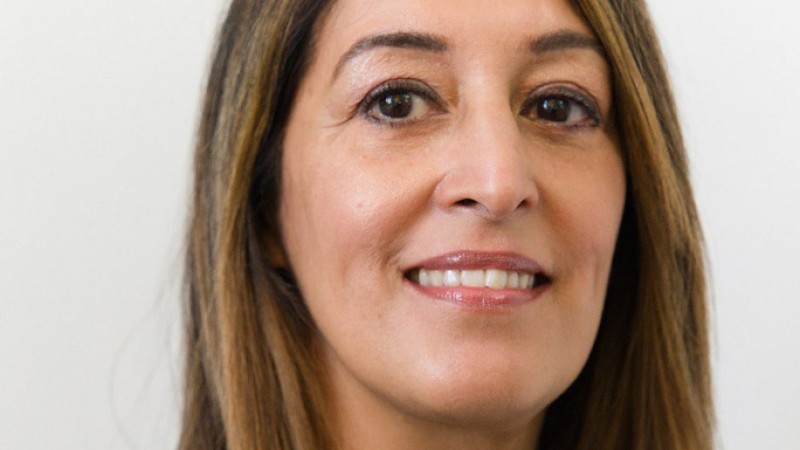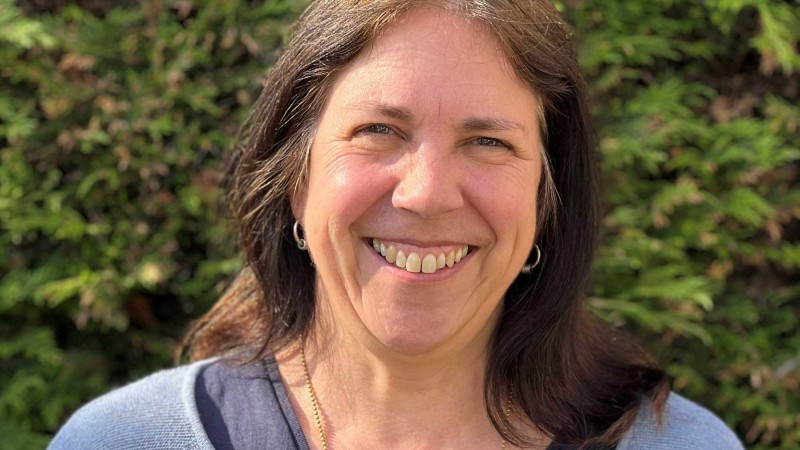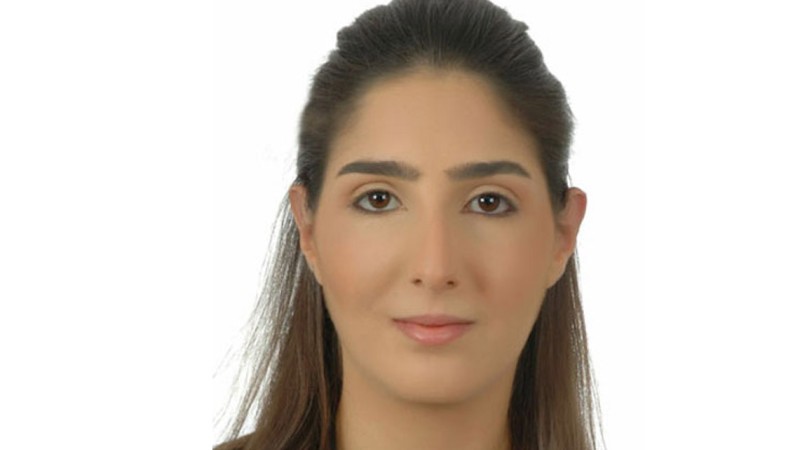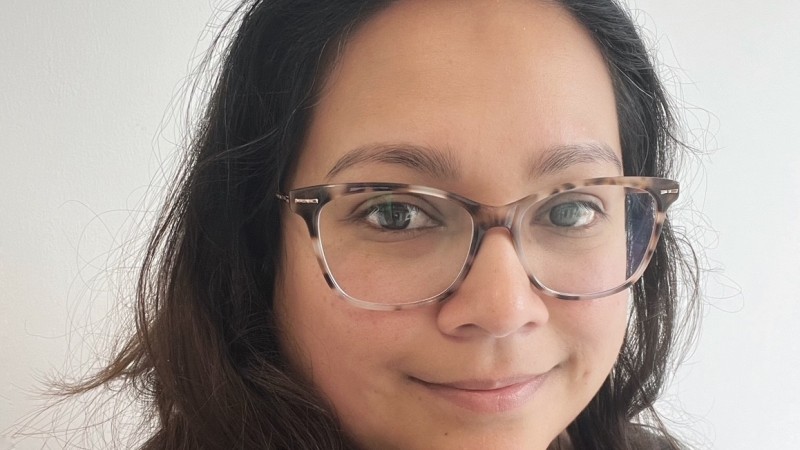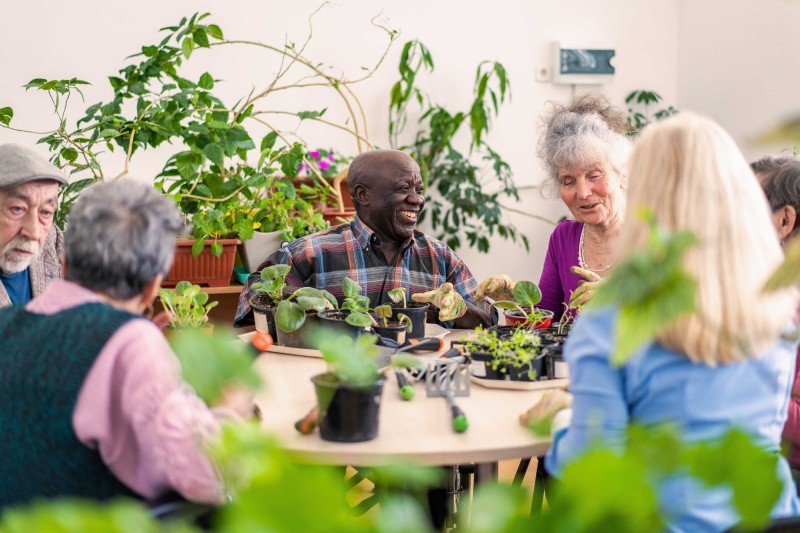More people in the UK are living longer, but that does not mean that they have more years in good health.
With older age, people from minoritized ethnic communities in the UK experience disparities in health outcomes that can have severe impacts on their health and quality of life.
However, there is a lack of relevant health and social care policy, underpinned by culturally appropriate evidence, to help increase the time those from ethnic minorities spend in good health and to reduce the need for health and care support in later life.
The importance of good nutrition as we age
Eating a healthy well-balanced diet and staying well hydrated is an important factor to improve our health as we age.
The body's ability to perform many of its functions can start to worsen more rapidly around the age of 50, and even more quickly if we do not follow a healthy lifestyle.
We know that poor diet is one factor that is more likely to cause this and increase the risk of developing long term conditions in later life which impact health and quality of life, such as type 2 diabetes, high blood pressure and heart problems. These conditions can be more prevalent in certain ethnic minority groups, including UK South Asian and Black Africans.
There are lots of other reasons why people might have a poor diet, for example poor education, low income and difficulty accessing food because of the current cost of living crisis, lack of availability of traditional foods, media influences or language barriers.
Accordingly, we need to understand more about the factors that influence whether someone is eating well and develop new ways to help people to eat healthier.
Working in partnership with communities
TANGERINE will explore diverse experiences in ageing and co-produce inclusive outputs with older people living in ethnic communities.
Funded by the Medical Research Council (MRC), the project is led by Bournemouth University in collaboration with the University of Chester and Loughborough University.
In partnership with community groups, we will involve and engage with older people from UK South Asian, Black African and Caribbean communities throughout the project. This will include forming a group who will help guide the delivery of the project and sharing of the findings.
We will undertake an analysis of large datasets collected on the UK population including UK South Asian, Black Africans and Caribbean groups to help us to understand the factors that influence diet and nutrition, and ways to help people eat better.
With the support of the community groups as our project partners, we will also spend time talking with people in their communities and ask them to take photographs. Using the data collected, we will work together with them to produce a new culturally tailored, adaptable toolkit with food-based recommendations, guidance and resources for older people in their communities to make better food choices, and eat a healthier diet.
We will work with our partners to share the findings with the public and policymakers, including a photographic exhibition, newsletters, and a policy brief summarising key findings and policy recommendations.
